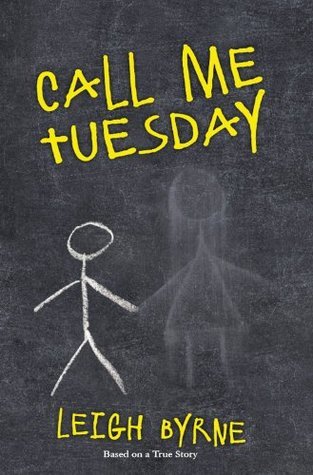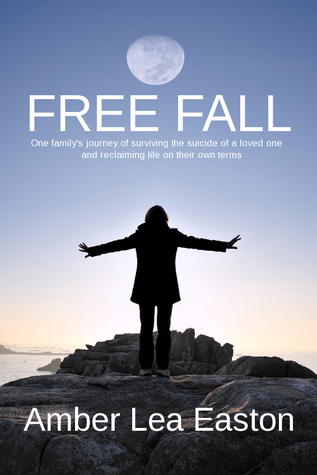
Call Me Cockroach
Book Description
A broken world infested with dark secrets and the relentless urge to survive, "Call Me Cockroach" plunges into the gritty underbelly of urban life, where loyalty is a luxury and betrayal lurks in every shadow. As a courageous young woman navigates a maze of danger, friendship, and betrayal, she must confront her haunting past while battling powerful forces that threaten to consume her. With tensions rising and alliances shifting, every choice she makes leads her closer to an electrifying climax. Will she emerge unscathed, or will the city’s grim grip swallow her whole?
Quick Book Summary
In "Call Me Cockroach," Leigh Byrne bravely recounts her turbulent journey through a childhood and young adulthood marred by abuse, neglect, and psychological trauma. Set against a backdrop of urban hopelessness and peril, Byrne’s memoir captures both the harsh realities of systemic failure and the indomitable human will to survive. The narrative delves into the author’s struggle for belonging and safety amid the chaos of a broken home and treacherous relationships. With raw candor, Byrne examines how formative experiences with violence and betrayal shaped her identity, self-worth, and worldview. Through moments of resilience and vulnerability, "Call Me Cockroach" offers unflinching insight into surviving mental health crises and overcoming emotional adversity, ultimately affirming the power of endurance and self-discovery.
Summary of Key Ideas
Table of Contents
Surviving Abuse and Neglect
Leigh Byrne’s memoir launches readers directly into the stark reality of her early life—an existence marked by both emotional and physical abuse. From a young age, Byrne is thrust into an unstable environment, shuttling between caregivers and navigating the perilous landscape of neglect and violence. Her sense of safety is constantly undermined by those meant to protect her, forcing her to develop fierce self-reliance and hypervigilance. By likening herself to a cockroach, she captures both the resilience and the societal stigma attached to her survival.
The Lingering Impact of Trauma
The searing trauma of Byrne’s experiences leaves deep psychological scars, affecting her mental health and shaping her worldview. She details the persistent echoes of past abuses—nightmares, anxiety, and trust issues—that infiltrate every relationship and opportunity. The memoir explores not just the personal toll of enduring such trauma, but also the systemic failures that perpetuate cycles of pain. Byrne pulls no punches in exposing the inadequacy of social services and the ways in which vulnerable individuals are too often failed by those in power.
Complexities of Trust and Betrayal
Interpersonal relationships in Byrne’s life are fraught with complexity—a fragile balance between connection and betrayal. Friends, lovers, and authority figures become allies one moment and sources of danger the next. This constant shifting of loyalties leaves Byrne perpetually on guard, struggling to discern genuine affection from manipulation. The book skillfully portrays the nuanced dynamics of trust in environments where survival often relies on reading people and situations with acute sensitivity.
Cycles of Survival and Resilience
Despite the overwhelming darkness, Byrne chronicles moments of defiance and resilience. Her story is not just one of suffering, but of persistent resistance against a world seemingly determined to break her. Each chapter tracks her efforts to claim agency over her life, make sense of her pain, and forge a path to stability. Through education, self-reflection, and advocacy, Byrne gradually reclaims her voice and identity, refusing to be defined solely by her past.
Searching for Identity and Redemption
The memoir culminates in both reckoning and hope. Byrne confronts the lasting consequences of trauma while acknowledging the work of healing is ongoing. Her journey is an inspiring testament to endurance and the possibility of transformation, even in the face of overwhelming adversity. By sharing her story with unflinching honesty, Byrne not only sheds light on hidden worlds of suffering but also offers solace and strength to others grappling with their own battles.
Download This Summary
Get a free PDF of this summary instantly — no email required.





